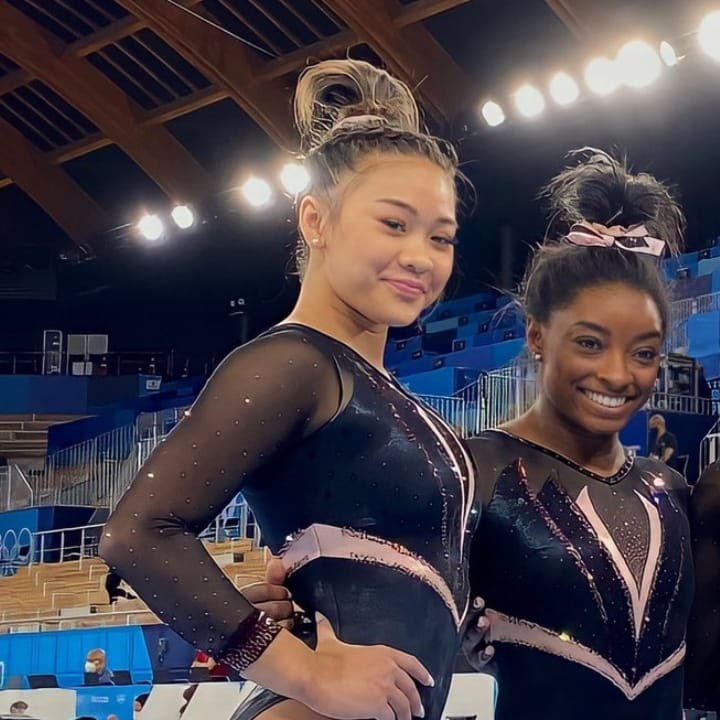Suni Lee Ethnicity: Suni Lee, a celebrated American gymnast and Olympic gold medalist, is known for her outstanding skills and strong connection to her cultural roots. Suni Lee ethnicity, nationality, and ancestry play a crucial role in shaping her unique identity and have influenced her journey to success in the world of gymnastics.

What is Suni Lee’s Ethnicity?
Suni Lee’s ethnicity is Hmong-American. The Hmong people are an ethnic group from Southeast Asia, particularly in countries like Laos, Vietnam, and Thailand. Suni’s parents are of Hmong descent, and she is proud of her ethnic background. Suni Lee’s ethnicity has been a significant aspect of her life, as she represents her Hmong heritage on an international stage, becoming a source of pride and inspiration for her community.
Suni Lee’s Nationality and Origin
| Attribute | Details |
|---|---|
| Nationality | American |
| Place of Birth | St. Paul, Minnesota, USA |
| Father’s Origin | Hmong, Laos |
| Mother’s Origin | Hmong, Laos |
| Raised In | St. Paul, Minnesota, USA |
Suni Lee was born and raised in St. Paul, Minnesota, USA, making her American by nationality. Her parents are both of Hmong descent, with roots in Laos, adding a unique cultural layer to her identity as an American gymnast.

Suni Lee’s Family Background, Ancestry & Heritage
Suni Lee comes from a Hmong-American family with strong cultural values and traditions. Her parents, John Lee and Yeev Thoj, immigrated from Laos to the United States, seeking a better future for their family. The Hmong people have a rich history, and Suni has grown up deeply connected to her heritage, which has shaped her values, work ethic, and determination. Her family’s journey to America has been marked by resilience and hard work, qualities that Suni embodies in her athletic career.
How Suni Lee Identifies Culturally
Suni Lee identifies proudly with her Hmong heritage and American nationality. She embraces her cultural roots, often sharing her experiences and traditions with others. Suni frequently speaks about the importance of her family’s support and the strength she derives from her Hmong community, which helps her stay grounded and focused on her goals.

Influence of Ethnicity on Suni Lee’s Career and Public Image
Suni Lee’s ethnicity has greatly influenced her career and public image. As the first Hmong-American gymnast to compete and win an Olympic gold medal, she serves as a role model for many young athletes, especially those from underrepresented communities. Her success highlights the importance of diversity in sports and inspires others to pursue their dreams, regardless of their background.
Suni Lee’s Cultural Representation and Advocacy
Suni Lee actively represents her Hmong culture on a global stage. She uses her platform to raise awareness about her heritage and advocate for greater recognition and understanding of the Hmong community. Through her achievements, Suni brings visibility to her culture, encouraging others to embrace their identities and take pride in their roots.
Common Misconceptions About Suni Lee Ethnicity
There are a few common misconceptions about Suni Lee ethnicity. Some people mistakenly assume she is of Chinese or Korean descent due to her appearance and the prominence of these ethnicities in gymnastics. However, Suni Lee ethnicity is Hmong-American, which is distinct and has its own unique cultural heritage. Clarifying these misconceptions helps people appreciate the diversity within Asian communities and better understand Suni’s background.
By exploring Suni Lee ethnicity, nationality, and ancestry, we gain a deeper appreciation of the cultural influences that shape her identity. Her pride in her Hmong heritage and achievements as an American gymnast showcase her as a powerful symbol of diversity and representation in sports.


